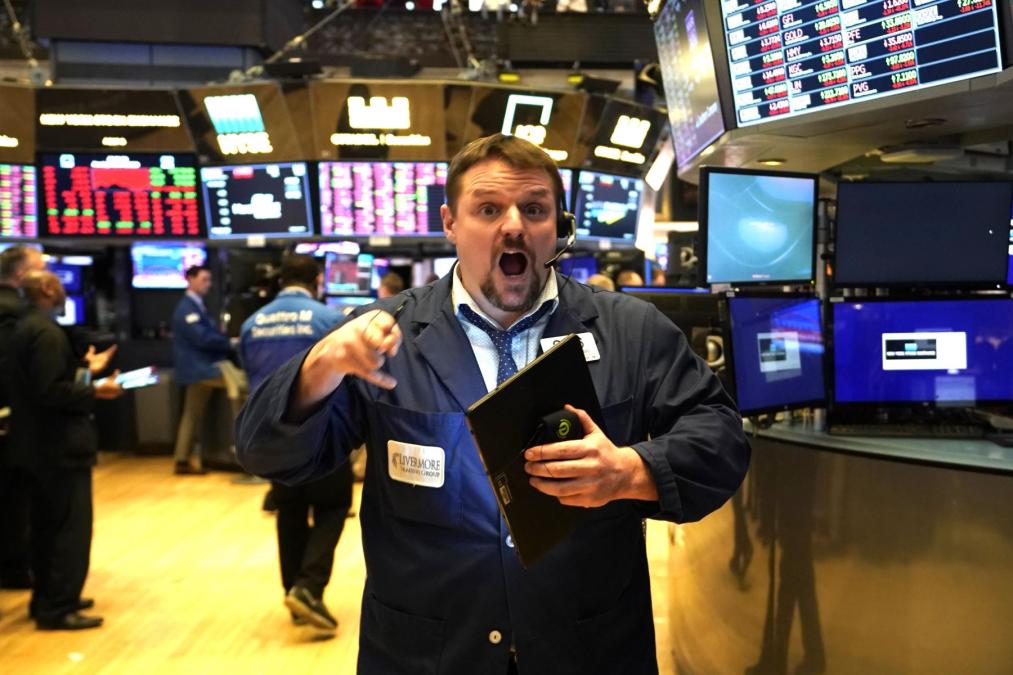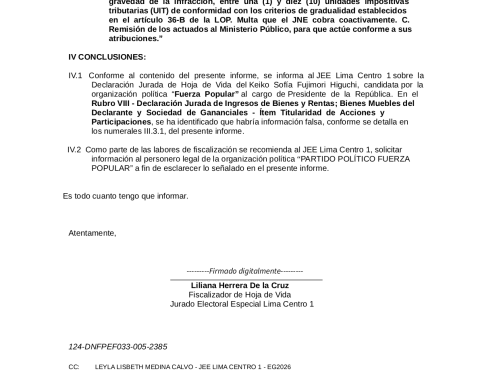A Chinese startup artificial intelligenceDeepSeek, practically unknown until a few days ago, has generated an earthquake in the financial markets. Its recent emergence, which has made it the most downloaded free application on iPhone in the United States, China and other countries, displacing ChatGPT, puts big technology companies in check.
The reason: DeepSeek operates with less powerful chips, which questions Nvidia’s business model, which has capitalized on technology companies’ strong investments in high-end semiconductors. This advance also calls into question the supposed entry barriers that protected the leadership of Nvidia, the most valuable company in the world until now, with a market capitalization close to $3.5 trillion.
In trading on Monday, Nvidia shares fell more than 15%, equivalent to a loss of $500 billion, the largest single-day drop in value in history. This blow relegated it to third place in the global ranking of companies by stock market value, behind Apple and Microsoft.
The falls spread to other giants in the sector: Broadcom and Super Micro recorded losses of more than 10%. In Europe, the impact was felt with declines of 7% at ASML, a manufacturer of photolithography machines, and 20% at Siemens Energy, affected by its role as a key supplier in AI infrastructure. In Asia, the main Japanese chip firms, many of them suppliers to Nvidia, also closed with sharp declines.
An unexpected turn
Since 2022, the United States has imposed export restrictions on advanced semiconductors to limit China’s access to cutting-edge technology. However, this strategy seems to have had the opposite effect: China has developed its own version of ChatGPT in record time, at a significantly lower cost. According to reports, the development of DeepSeek R1 took less than two months and only required an investment of six million dollars, a tiny figure compared to the more than 200 billion that will be invested in AI in 2024.
“The emergence of more efficient models in China is likely to intensify the race for AI dominance between the US and China,” notes a report by Jefferies, a US investment bank.
An impact yet to be defined
Although it is still early to evaluate the true scope of DeepSeek R1, markets have already reacted by discounting its transformative potential. The Nasdaq lost about 3% on the day, erasing one and a half trillion dollars in market value, almost equivalent to Spain’s GDP. This crash dragged the S&P 500 down nearly 2%. In Europe, the Eurostoxx 50 moderated losses to 0.6%, while the Ibex 35, less exposed to the technology sector, achieved a slight advance of 0.1%.
Founded in May 2023 by Liang Wenfeng, a former manager at the High-Flyer hedge fund, DeepSeek has specialized in open source AI models with remarkably low development costs.
A black swan for the markets?
The emergence of DeepSeek raises questions about the future of the technology industry. While some analysts, such as historian Chris Miller, author of The Chip War, consider that the advantage remains on the American side, others see signs of a structural change.
“DeepSeek has managed to reduce costs, but I don’t think it will radically change our understanding of advances in AI. Its success lies in having learned from leaders like OpenAI. He is still a disciple, not a leader,” Miller told the Spanish newspaper CincoDías.
For its part, Jefferies highlights two possible scenarios for the industry: betting on greater computing power to accelerate advances or prioritizing efficiency and return on investment, which could reduce demand for chips from 2026.
The context could not be more tense, with debates about a possible overvaluation of the stock markets and the risks associated with the “Magnificent Seven” – Nvidia, Apple, Microsoft, Alphabet, Amazon, Meta and Tesla – whose shares have reached historical highs thanks to to the rise of AI.
Take advantage of the NEW EXPERIENCE, receive our enriched digital newspaper by mail and WhatsApp. Peru21 ePaper.
Now available in Yape! Find us at YAPE Promos.
RECOMMENDED VIDEO
















